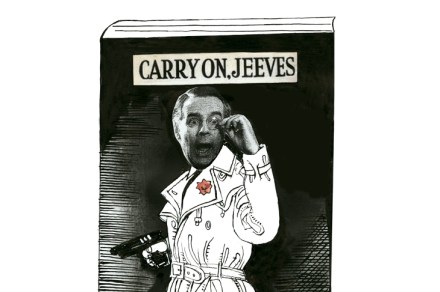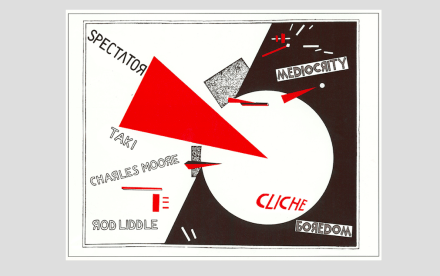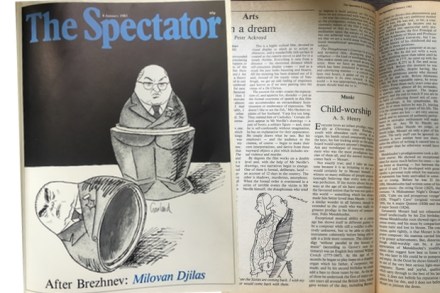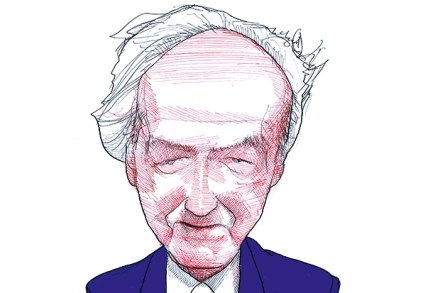It’s been a tough year for socialites
New York Here we go again, the annual holiest of holies is upon us, although to this oldie last Christmas feels as though it was only yesterday. Funny how time never seemed to pass quickly during those lazy days of long ago, but now rolls off like a movie calendar showing the days, months, years flashing by. I wrote my first Christmas column for this magazine 43 years ago, sitting in my dad’s office on Albemarle Street. I remember it well because I used every cliché known to man and then some (patter of little feet… children’s noses pressed against snowy windows). The then editor, Alexander Chancellor, said nothing to


















